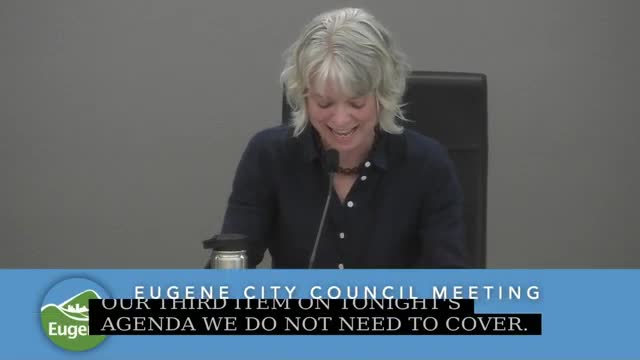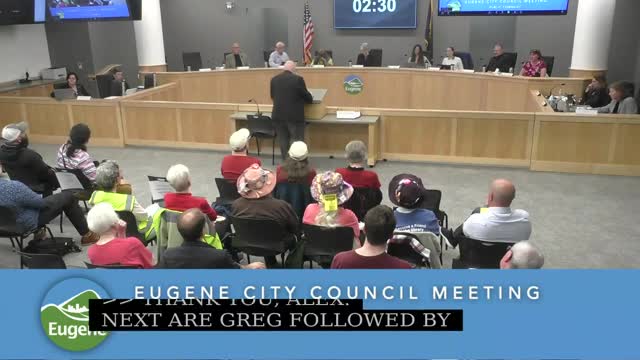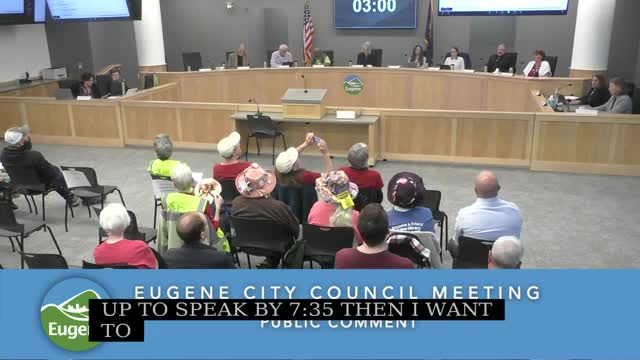Article not found
This article is no longer available. But don't worry—we've gathered other articles that discuss the same topic.

Council approves Neighborhood Association charters after clarifying membership, virtual participation and communications

City budget debate centers on proposed fire‑service fee as residents demand vote, council warns of cuts without revenue

